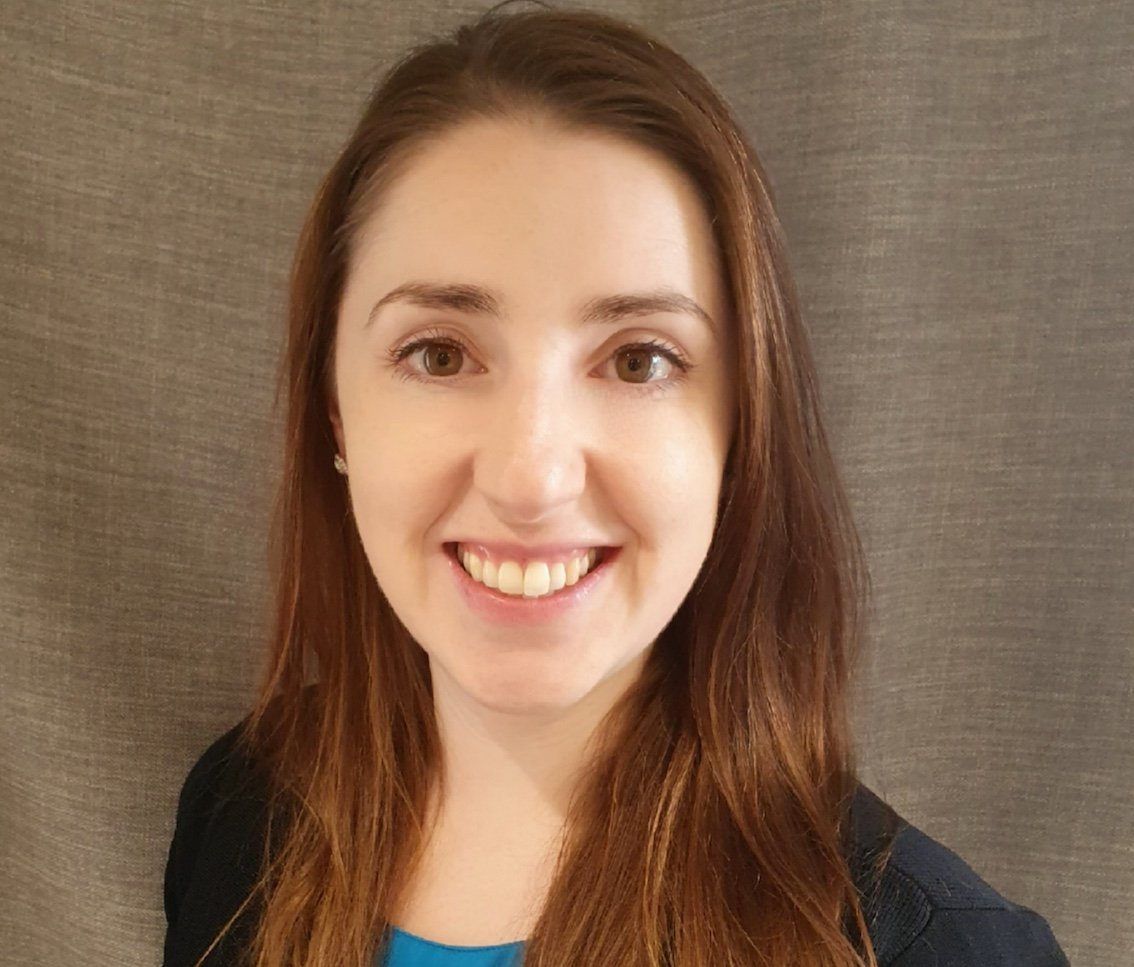Chelsea Reynolds
How long have you been treating sleep problems?
I started treating sleep problems while training to be a clinical psychologist – back in 2015.
Do you or your group have any data about your success rate?
Our clinic is somewhat unique in that we’re all active research scientists as well as clinicians. We’ve conducted several clinical trials to figure out exactly what types of therapy and strategies help families the most. This means that we’re highly equipped to give the best treatment straight away, tailored to individual clients. That doesn’t mean it’s always easy, however, as we know people have a lot going on in their lives apart from just sleep problems. Very often, our clients see meaningful improvements.
Do you treat any other types of issues?
Through my clinical training and working as a clinical psychologist in different settings, I’ve learned how to treat various psychological issues, including anxiety, depression, specific phobias, relationship challenges, emotional regulation challenges and body image concerns. I also have specialist knowledge assessing for and recommending strategies for various learning and attention problems.
How long does it usually take you to treat sleep problems?
Most clients I see will need between 3-6 sessions to see a meaningful improvement. Less often, we need a few more, up to about 10. It’s always bittersweet when clients say that they don’t need me anymore, even if we’ve only gotten to know each other over a few weeks, but it’s great that I can help clients see improvements and become their own sleep expert.
Roughly what percentage of people need to come back for a booster session?
I’d say about a quarter of the clients I see may seek a ‘check-in’ session after we’ve completed therapy. Sometimes this is because things have drifted and they want a refresher on our strategies, or it is because something has changed and we’ll look at new strategies. Often we can get back on track in 1-2 sessions.
What was the hardest sleep problem you fixed (without giving too much details)?
For me, the most challenging (but often most interesting!) sleep problems are those that are highly biological in nature. These are the kind that are related to a disconnect between a person’s body clock and the world they’re living in (kind of like jet lag, but without having travelled anywhere). One of my favourite cases was a young person who had an ‘advanced body clock’, so that they were falling asleep in class at the end of the day, struggling to stay awake over dinner, but then waking up at 3am, completely ready for the day. The family had tried lots of medical avenues, but nothing was making sense or helping. We used the science behind bright light therapy and sleep regularisation to make some amazing improvements in this young person’s ability to sleep at normal hours, sleep through the night, and feel ready for the school day.
What was your PhD topic?
My PhD was focused on a particular brain wave during sleep, called a ‘sleep spindle’ and how this related to cognitive functioning. There’s evidence that suggests that the more ‘sleep spindles’ you have, the better you do on a whole host of intelligence tests. I got to do some really cool studies with teens and children in the sleep lab, where they got to play games and watch movies, do some cognitive tests, and then wear special equipment overnight so that we could monitor their sleeping brain waves.
Have you done any presentations about sleep or spoken to the media? (send pics if possible!)
I’ve had awesome experiences at both Australian and overseas conferences. I’m very lucky that I’ve been able to showcase the sleep knowledge that I gather through my own research, as well as soaking up research findings from sleep experts around the world.

